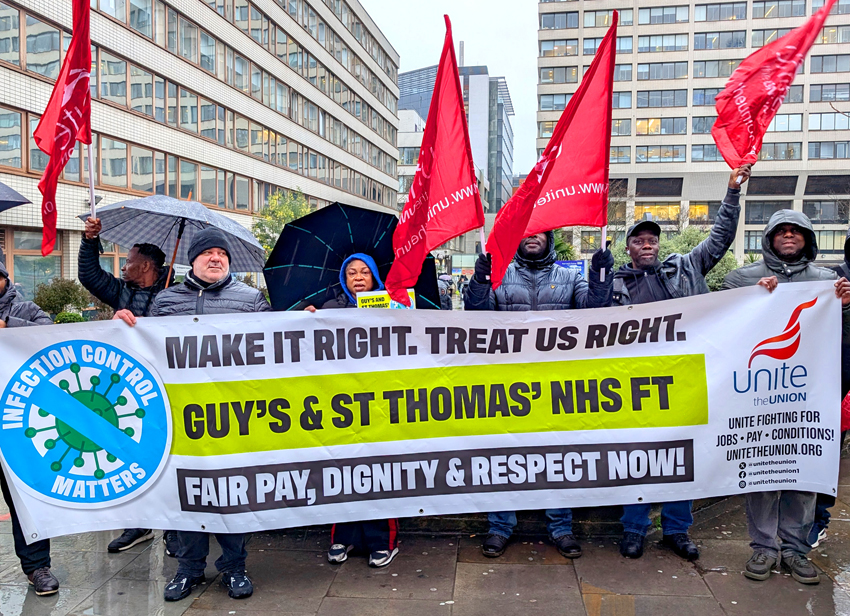THE NHS is preparing to implement sweeping cuts to essential healthcare services, with thousands of frontline jobs at risk, and critical treatment pathways facing shutdown, as government underfunding and rising costs force what health leaders describe as ‘previously unthinkable’ decisions.
According to testimony gathered from over 110 NHS trusts by NHS Providers, the body representing health service executives, job losses will affect doctors, nurses, and other clinical staff.
Services under immediate threat include diabetes support for children, mental health referrals, smoking cessation programmes, palliative care, and even entire maternity units.
In one major hospital trust, executives are planning to cut 1,500 staff, roughly 5% of the workforce, including frontline clinical personnel.
Elsewhere, a mental health trust confirmed it had stopped accepting new referrals for adults with ADHD, while patients in need of psychological therapy now face waiting lists that stretch beyond a year.
‘Morale has never been lower,’ one trust leader admitted.
In some areas, NHS trusts have frozen overtime for doctors.
Staff who remained hopeful after previous pay disputes have been left demoralised by the return of brutal cost-cutting measures.
Among the services at risk are community rehabilitation centres and talking therapy programmes vital to early mental health intervention.
The scale of the cuts is staggering.
Of the 114 NHS trusts surveyed, nearly all confirmed they were already reducing or preparing to reduce their workforce, including clinical staff, and the majority were considering service closures or significant reductions.
Saffron Cordery, interim chief executive of NHS Providers, warned that decisions once deemed unacceptable are now being actively considered.
‘NHS managers are having to think the “previously unthinkable’,’ she said.
‘Let’s be clear. Cuts have consequences.’
Cordery noted that increased wage bills, especially the long-overdue pay uplift for resident doctors, and inflation, had devoured the government’s supposed funding boost for the NHS.
The resulting shortfall has left trusts scrambling to cover deficits, with patient care bearing the brunt.
The government’s refusal to match NHS funding with rising costs and need has led many in the health sector to accuse ministers of orchestrating a slow-motion dismantling of public healthcare.
